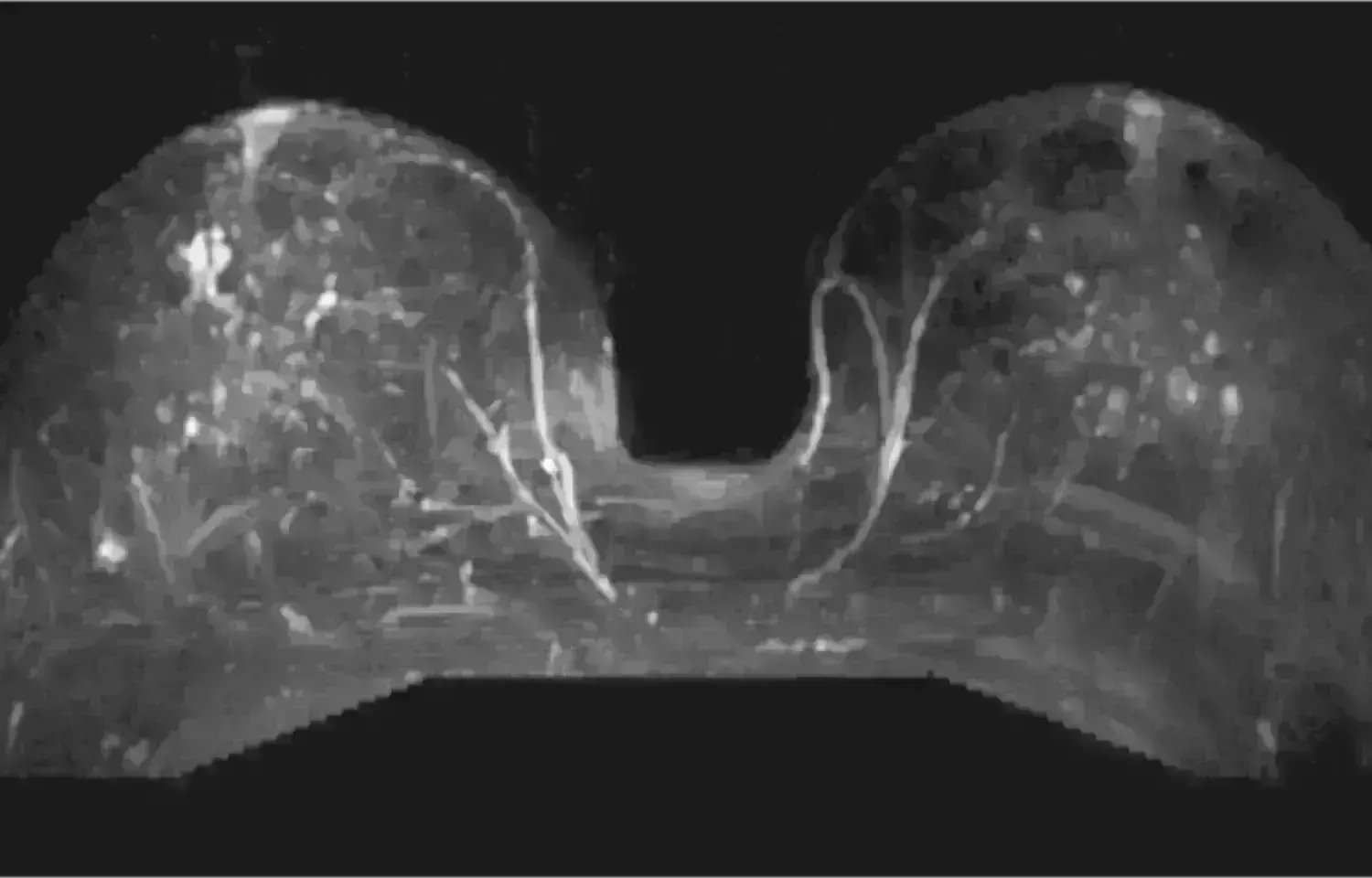- Home
- Medical news & Guidelines
- Anesthesiology
- Cardiology and CTVS
- Critical Care
- Dentistry
- Dermatology
- Diabetes and Endocrinology
- ENT
- Gastroenterology
- Medicine
- Nephrology
- Neurology
- Obstretics-Gynaecology
- Oncology
- Ophthalmology
- Orthopaedics
- Pediatrics-Neonatology
- Psychiatry
- Pulmonology
- Radiology
- Surgery
- Urology
- Laboratory Medicine
- Diet
- Nursing
- Paramedical
- Physiotherapy
- Health news
- Fact Check
- Bone Health Fact Check
- Brain Health Fact Check
- Cancer Related Fact Check
- Child Care Fact Check
- Dental and oral health fact check
- Diabetes and metabolic health fact check
- Diet and Nutrition Fact Check
- Eye and ENT Care Fact Check
- Fitness fact check
- Gut health fact check
- Heart health fact check
- Kidney health fact check
- Medical education fact check
- Men's health fact check
- Respiratory fact check
- Skin and hair care fact check
- Vaccine and Immunization fact check
- Women's health fact check
- AYUSH
- State News
- Andaman and Nicobar Islands
- Andhra Pradesh
- Arunachal Pradesh
- Assam
- Bihar
- Chandigarh
- Chattisgarh
- Dadra and Nagar Haveli
- Daman and Diu
- Delhi
- Goa
- Gujarat
- Haryana
- Himachal Pradesh
- Jammu & Kashmir
- Jharkhand
- Karnataka
- Kerala
- Ladakh
- Lakshadweep
- Madhya Pradesh
- Maharashtra
- Manipur
- Meghalaya
- Mizoram
- Nagaland
- Odisha
- Puducherry
- Punjab
- Rajasthan
- Sikkim
- Tamil Nadu
- Telangana
- Tripura
- Uttar Pradesh
- Uttrakhand
- West Bengal
- Medical Education
- Industry
Breast MRI can guide surgery preference for ductal carcinoma in situ: JAMA

USA: Diagnostic information conferred by magnetic resonance imaging (MRI) and surgeon recommendation may affect surgery preference for women with ductal carcinoma in situ (DCIS), claims a recent study in JAMA Network Open.
Guiding treatment decisions for DCIS patients needs understanding patient preferences and the influence of preoperative MRI and surgeon recommendation. Soudabeh Fazeli, Department of Radiology, University of California San Diego, San Diego, and colleagues therefore aomed to identify factors associated with surgery preference and surgery receipt among a prospective cohort of women with newly diagnosed DCIS in a prospective cohort study.
The study was conducted at 75 participating institutions, including academic centers and community practices across the US between March 25, 2015, and April 27, 2016. Data analysis was done from August 2 to September 24, 2021.
The research was an ancillary study of the ECOG-ACRIN Cancer Research Group (E4112). The study included women with recently diagnosed unilateral DCIS who were eligible for wide local excision and had a diagnostic mammogram within 3 months of study registration. The substudy included participants who had documented surgery and completed the baseline patient-reported outcome questionnaires.
Women received preoperative MRI and surgeon consultation and then underwent wide local excision or mastectomy. Follow-up of the participants was done for recurrence and overall survival for 10 years from the date of surgery.
Treatment goals and concerns and surgery preference before MRI and after MRI and surgeon consultation was assessed using patient-reported outcome questionnaires.
Salient findings of the study include:
- Of the 368 participants enrolled 316 (86%) were included in this substudy (median [range] age, 59.5 years; 45 women [14%] were Black; 245 [78%] were White; and 26 [8%] were of other race).
- Pre-MRI, age (odds ratio [OR] per 5-year increment, 0.45) and the importance of keeping one's breast (OR, 0.48) vs removal of the breast for peace of mind (OR, 1.35) were associated with surgery preference for mastectomy. After MRI and surgeon consultation, MRI upstaging (48 of 316 [15%]) was associated with patient preference for mastectomy (OR, 8.09).
- The 2 variables with the highest ORs for initial receipt of mastectomy were MRI upstaging (OR, 12.08) and surgeon recommendation (OR, 4.85).
"Our study showed that change in patient preference for DCIS surgery and surgery received were responsive to MRI results and surgeon recommendation," the authors wrote in their study.
"The findings highlight the importance of ensuring sufficient information and ongoing communication about the clinical significance of MRI findings and the benefits and risks of available treatment options," they concluded.
Reference:
Fazeli S, Snyder BS, Gareen IF, et al. Association Between Surgery Preference and Receipt in Ductal Carcinoma In Situ After Breast Magnetic Resonance Imaging: An Ancillary Study of the ECOG-ACRIN Cancer Research Group (E4112). JAMA Netw Open. 2022;5(5):e2210331. doi:10.1001/jamanetworkopen.2022.10331
Dr Kamal Kant Kohli-MBBS, DTCD- a chest specialist with more than 30 years of practice and a flair for writing clinical articles, Dr Kamal Kant Kohli joined Medical Dialogues as a Chief Editor of Medical News. Besides writing articles, as an editor, he proofreads and verifies all the medical content published on Medical Dialogues including those coming from journals, studies,medical conferences,guidelines etc. Email: drkohli@medicaldialogues.in. Contact no. 011-43720751


